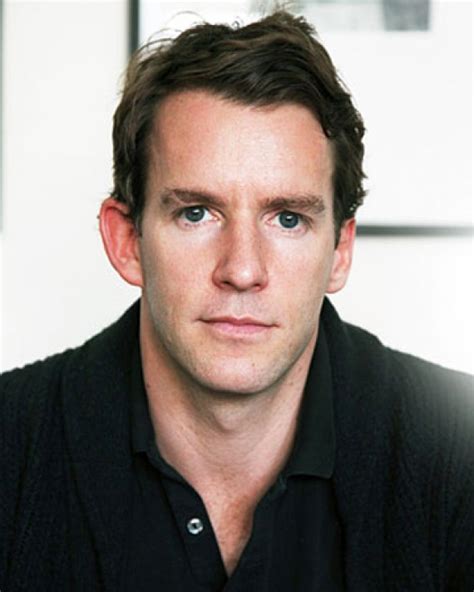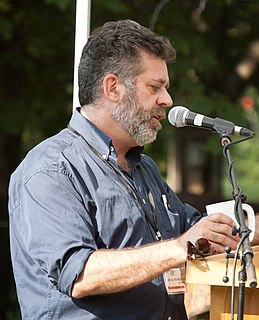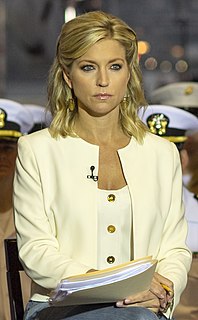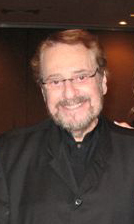A Quote by Robert Darnton
The idea of a national digital library has been in the air for a long time, and there was a danger that some people would feel that it's their property, so to speak.
Related Quotes
For the mass of men the idea of artistic creation can only be expressed by an idea unpopular in present discussions - the idea of property... Property is merely the art of the democracy... One would think, to hear people talk, that the Rothschilds and the Rockefellers were on the side of property. But obviously they are the enemies of property; because they are enemies of their own limitations.
People over the age of thirty were born before the digital revolution really started. We've learned to use digital technology-laptops, cameras, personal digital assistants, the Internet-as adults, and it has been something like learning a foreign language. Most of us are okay, and some are even expert. We do e-mails and PowerPoint, surf the Internet, and feel we're at the cutting edge. But compared to most people under thirty and certainly under twenty, we are fumbling amateurs. People of that age were born after the digital revolution began. They learned to speak digital as a mother tongue.
One can make this generalization about men: they are ungrateful, fickle, liars, and deceivers, they shun danger and are greedy for profit; while you treat them well, they are yours. They would shed their blood for you, risk their property, their lives, their children, so long, as I said above, as danger is remote; but when you are in danger they turn against you.
In virtually every Continental state at this time, aristocracies had to live with the risk that their property might be pillaged or confiscated. Only in Great Britain did it prove possible to float the idea that aristocratic property was in some magical and strictly intangible way the people's property also. The fact that hundreds of thousands of men and women today are willing to accept that privately owned country houses and their contents are part of Britain's national heritage is one more proof of how successfully the British elite reconstructed its cultural image in an age of revolution.
Globalization has genuinely drained power away from national politicians and people feel it. People in our fast digital age are also frustrated with the comparably slow democratic processes. Many young people - and some old people - want to know, Why does everything take so long? Why can't someone just decide and then move forward?
Scientists have been saying, for an awfully long time, that we're all interconnected. Scientists would use the word 'ecosystem' to express that idea. Obviously, people can't survive without air and water, and we rely on plants and animals for food, and plants and animals rely on us to preserve their habitats.
It's just nice to be able to communicate and be able to identify with a lot of different cultures. I have no idea what it would be like to be just one thing and speak one language. I feel enormously privileged to travel and be able to mingle and speak to people that, had I only known English, I wouldn't have been able to meet.
There was a point where if you had told me I was going to be a national morning anchor, I would probably have been terrified. But now, I feel prepared. I've been in the business for almost 20 years now. I'm almost forty years old and I've been doing this for a long time, so I felt like, "Okay, I'm ready to do this."
The word 'eavesdropper' originally referred to people who, under the pretence of taking in some fresh air, would stand under the 'eavesdrip' of their house - from which the collected raindrops would fall - in the hopes of catching any juicy tid-bits of information that might come their way from their neighbour's property.






































